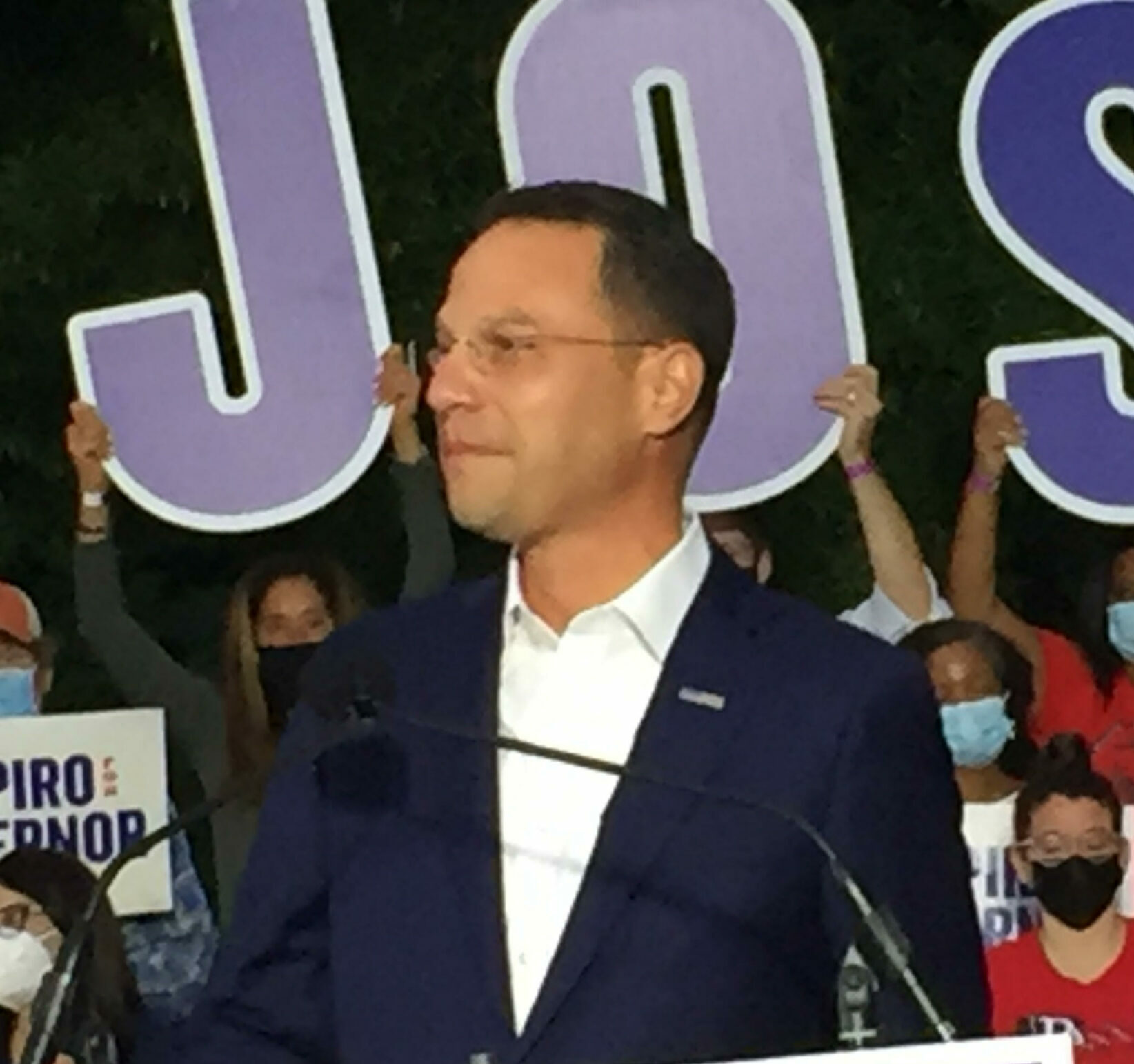The state Senate on Thursday voted 31-18 Thursday to repeal Pennsylvania’s membership in the Regional Greenhouse Gas Initiative (RGGI), which Senate Republicans call a tax on electricity for Keystone State ratepayers. “It is time for Pennsylvania to take charge of its own energy future,” said Sen. Gene Yaw (R-Bradford), chair of the Environmental Resources and […]


